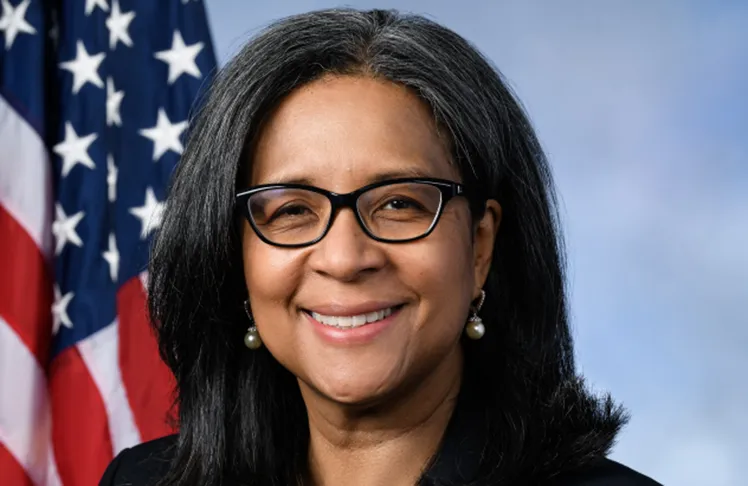
By Aaron Allen, The Seattle Medium
Congresswoman Marilyn Strickland, alongside several congressional colleagues, is demanding answers from federal officials over delayed education funding that threatens school districts across Washington state. In a recent letter to U.S. Department of Education Secretary Linda McMahon and Office of Management and Budget Director Russell Vought, Strickland questioned the freeze on fiscal year 2025 formula funds—dollars that are crucial for public schools statewide.
The unexpected funding pause, announced without warning, has sparked concern among lawmakers, educators, and families. These federal dollars are a vital part of the Every Student Succeeds Act (ESSA), supporting professional development for teachers, after-school programs, student support services, and English language learning initiatives.
“As provided for by the Every Student Succeeds Act (ESSA), these funds are necessary for professional development for teachers, maintaining after-school programs, support for families and students, and English language learning programs,” Strickland said. “The Administration’s decision to freeze these dollars for an unknown amount of time will impact more than 10% of all K-12 funding. Continued delays will directly endanger our students, administrators, teachers, and their families.”
The delay jeopardizes critical services in schools. Without access to federal resources, teachers may lose vital tools for fostering student success. After-school programs—which provide safe, structured environments for children outside regular school hours—could be scaled back or eliminated entirely. This would force many working families to make difficult choices between job responsibilities and childcare needs.
Lawmakers expressed deep frustration with the ripple effects of the funding freeze.
“It is extremely disappointing that school districts may be forced to make challenging staffing and programmatic decisions because of these delays… Our students and educators will suffer because of these consequential decisions,” the lawmakers wrote.
The concern has intensified in light of a March 1, 2025, executive order issued by President Trump declaring English as the national language of the United States. With the pause on federal funds, non-English-speaking students may face even greater barriers in the classroom due to reduced access to language support services.
School districts typically receive federal funding updates by July 1 each year, allowing administrators to plan staffing, programs, and resource allocation for the upcoming school year. However, as of mid-July, no updates have been provided—an omission lawmakers called “unacceptable.”
Washington state stands to lose nearly $137 million in federal education support if the funds remain frozen. In their letter, lawmakers pressed federal officials for clarity, asking when school districts can expect to receive the delayed funds. They also raised concerns about how the Department of Education—following reported workforce reductions of half its staff—plans to allocate resources to meet the increasing needs of students and families. Additionally, they called on the department to guarantee that school districts will receive timely and accurate updates about decisions concerning future funding.
The letter underscores that delayed funding impacts every level of the education system—from classroom instruction to after-school care—and risks widening inequities for underserved students. The potential cuts to after-school programs also highlight broader concerns about community safety, family stability, and the economic ripple effects on working parents.
As the new school year approaches, pressure is mounting on federal agencies to provide clear answers and release the much-needed funds. For lawmakers like Strickland, the urgency couldn’t be clearer: schools, teachers, and families deserve certainty—and support—well before the first school bell rings.
“Our students and educators will suffer because of these consequential decisions,” Strickland writes. “We urge you to work quickly to unfreeze this funding no later than August 1, 2025, so that school administrators can be prepared to best support our nation’s students for the upcoming school year. The Department of Education must unfreeze these critical funds, to truly support students and their communities as they prepare to start their school year.”



